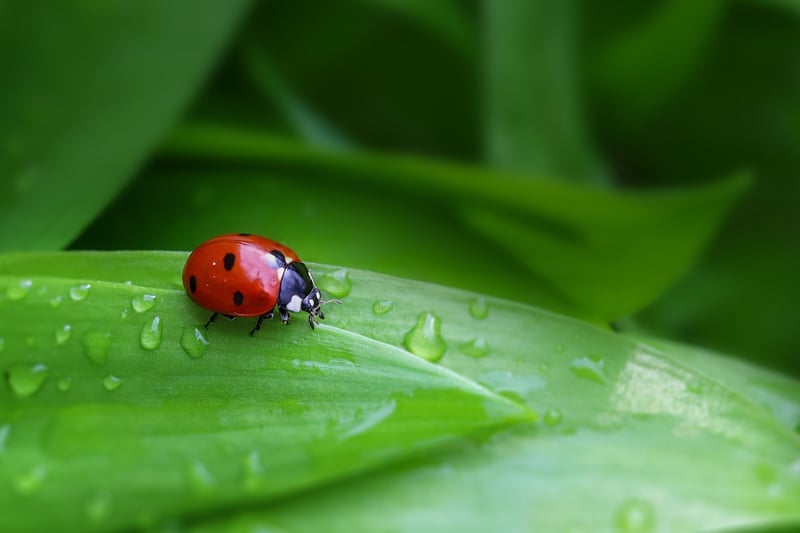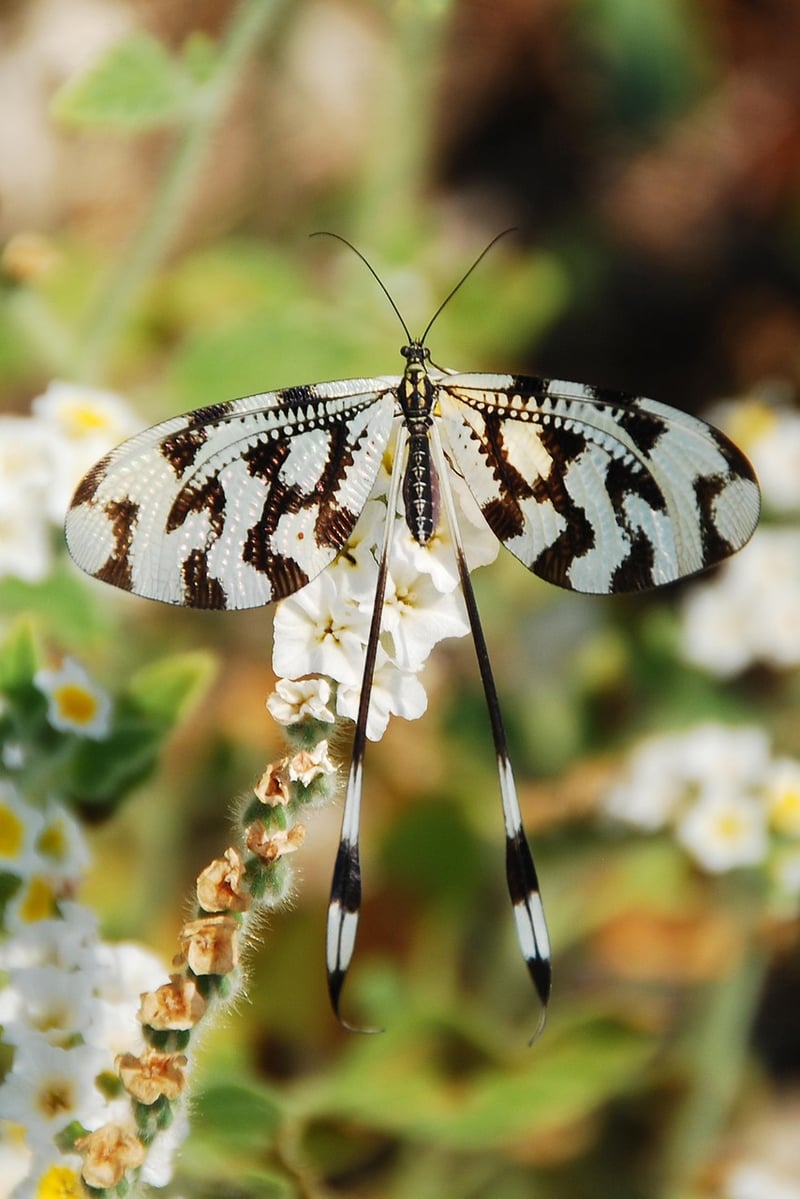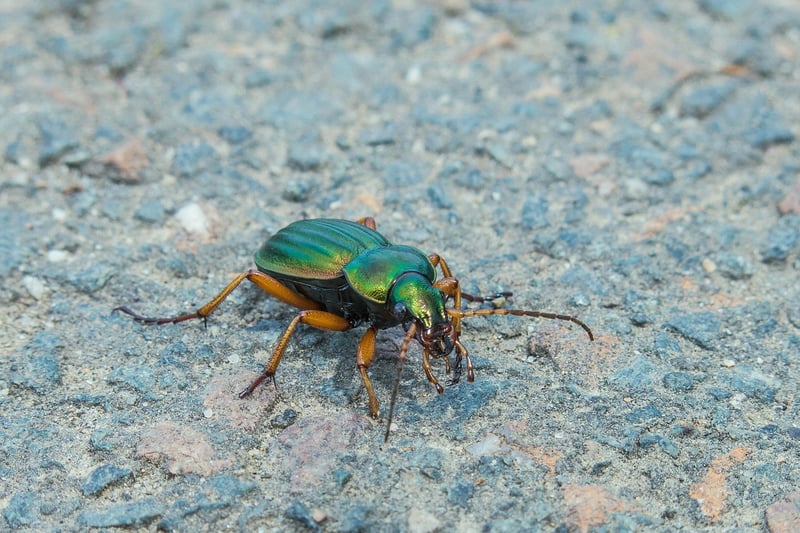Beneficial Insects
Protecting Your Garden: Understanding the Role of Beneficial Insects
Having a thriving garden requires more than just planting seeds and watering plants. One key aspect of successful gardening is understanding the role of beneficial insects in maintaining a healthy ecosystem within your garden. These tiny creatures play a vital role in controlling pests, pollinating flowers, and promoting overall plant health. By attracting and protecting beneficial insects, you can reduce the need for harmful chemical pesticides and create a more sustainable garden environment.
The Importance of Beneficial Insects
Beneficial insects are natural predators that help keep pest populations in check. Ladybugs, lacewings, and parasitic wasps are just a few examples of beneficial insects that feed on common garden pests like aphids, caterpillars, and mites. By attracting these insects to your garden, you can prevent pest infestations and reduce the damage they cause to your plants.
How to Attract Beneficial Insects
There are several ways to attract beneficial insects to your garden:
- Plant a diverse range of flowers that provide nectar and pollen for adult beneficial insects.
- Include plants that host the larvae of beneficial insects, such as dill, fennel, and parsley.
- Avoid using broad-spectrum pesticides that can harm beneficial insects along with pests.
- Provide shelter for beneficial insects by including features like rock piles, log piles, or insect hotels in your garden.
- Reduce tillage in your garden to protect beneficial insect habitats in the soil.
Common Beneficial Insects
Some of the most common beneficial insects you may encounter in your garden include:
- Ladybugs: These colorful beetles feed on aphids, mealybugs, and other soft-bodied pests.
- Lacewings: Lacewing larvae are voracious predators of aphids, caterpillars, and other small insects.
- Parasitic Wasps: These tiny wasps lay their eggs inside pest insects, eventually killing them.
- Ground Beetles: Ground beetles feed on a variety of pests, including caterpillars, slugs, and snails.
Conclusion
By understanding the importance of beneficial insects and taking steps to attract and protect them in your garden, you can create a more balanced and eco-friendly growing environment. Embracing these natural allies can help you maintain a healthy garden while minimizing the use of harmful chemicals, ultimately leading to more sustainable gardening practices.
Remember, a diverse and thriving garden is not just a testament to your gardening skills but also a harmonious ecosystem where beneficial insects play a crucial role in maintaining its vitality.




